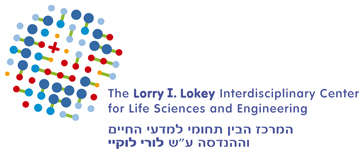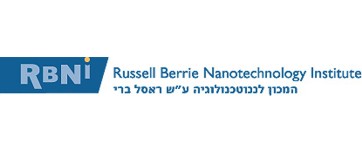Principle Investigator
Associate Professor
Biomedical Engineering
Office: Silver 265
Phone: +972(4)8293832
E-mail: yelin@bm.technion.ac.il
Download Dvir’s CV (PDF format)
Affiliates
Education
1992 – 1995 – B.Sc. in Physics, The Hebrew University, Jerusalem, Israel.
1995 – 1997 – M.Sc. in Physics, Weizmann Institute of Science, Rehovot, Israel.
1997 – 2002 – Ph.D. in Applied Physics, Weizmann Institute of Science, Rehovot, Israel.
2002 – 2004 – Post-Doctoral Research Fellow, Harvard Medical School and Wellman Center for Photomedicine, Boston, MA.
2004 – 2007 – Instructor, Harvard Medical School, Boston, MA.
Short Bio
Dvir Yelin is an Associate Professor at the Department of Biomedical Engineering and the Lorry Lokey Interdisciplinary Center for Life Sciences and Engineering at the Technion – Israel Institute of Technology. He received his B.Sc. in physics from the Hebrew University in Jerusalem, Israel, and his M.Sc. and Ph.D. in physics from the Weizmann Institute of Science, Israel. Following successful completion of his Ph.D. studies, Yelin joined the Wellman Center for Photomedicine as a postdoctoral fellow and an Instructor at the Harvard Medical School. Concurrently, Yelin was a Research Fellow at Massachusetts General Hospital in Boston. Since arriving at the Technion in 2007, the Yelin’s group employs novel optical systems as tools for addressing problems in medicine and biology.
Research Interests
- Miniature clinical endoscopy
- Advanced optical microscopy
- Gold nanoparticles
- Applications of ultrafast lasers
- Laser therapy
Research focus
Current projects include the study of new approaches for medical endoscopy, and the development of a novel minimally invasive therapeutic approach which takes advantage of gold nanoparticles and high power femtosecond lasers to selectively target cells in situ.


